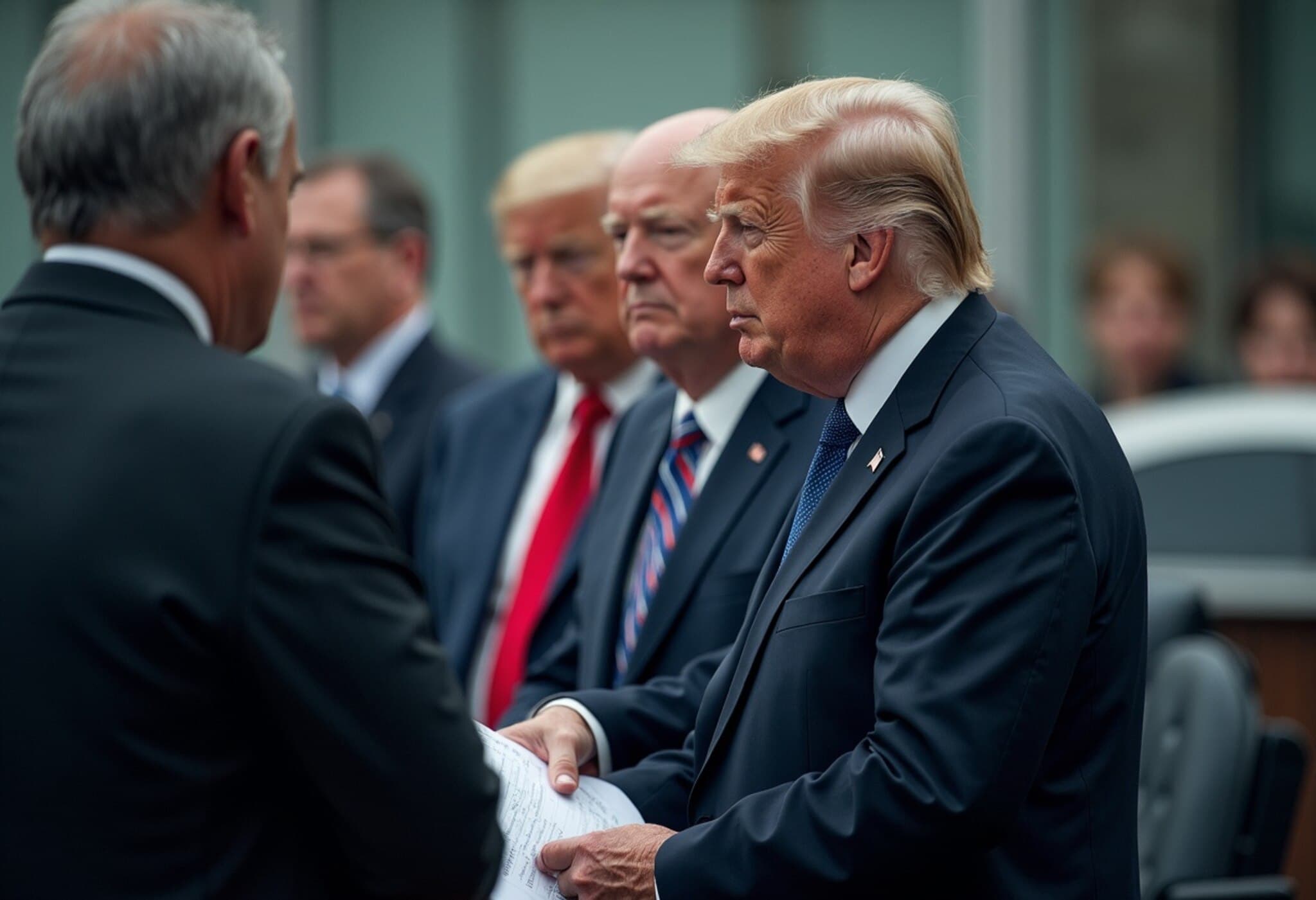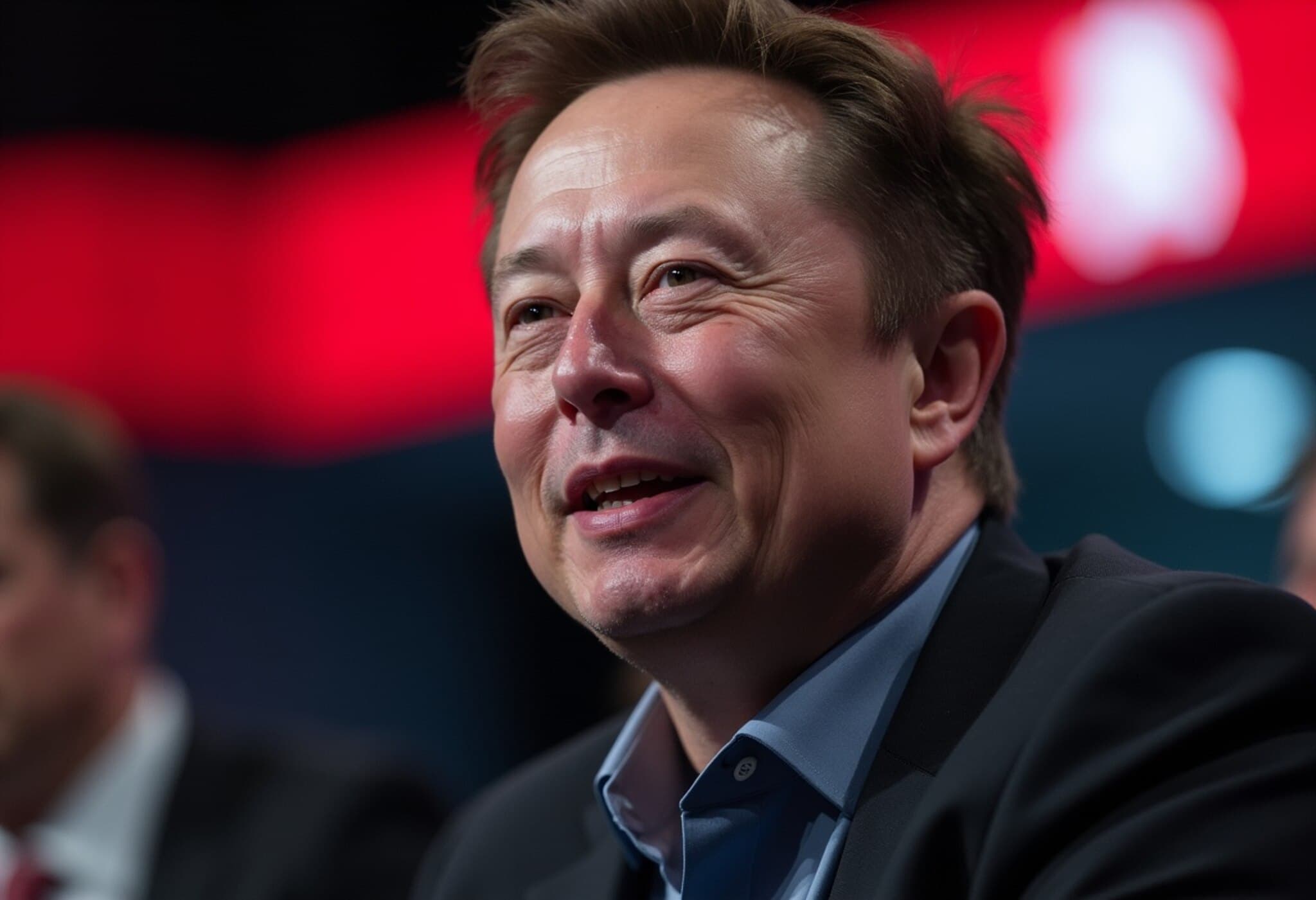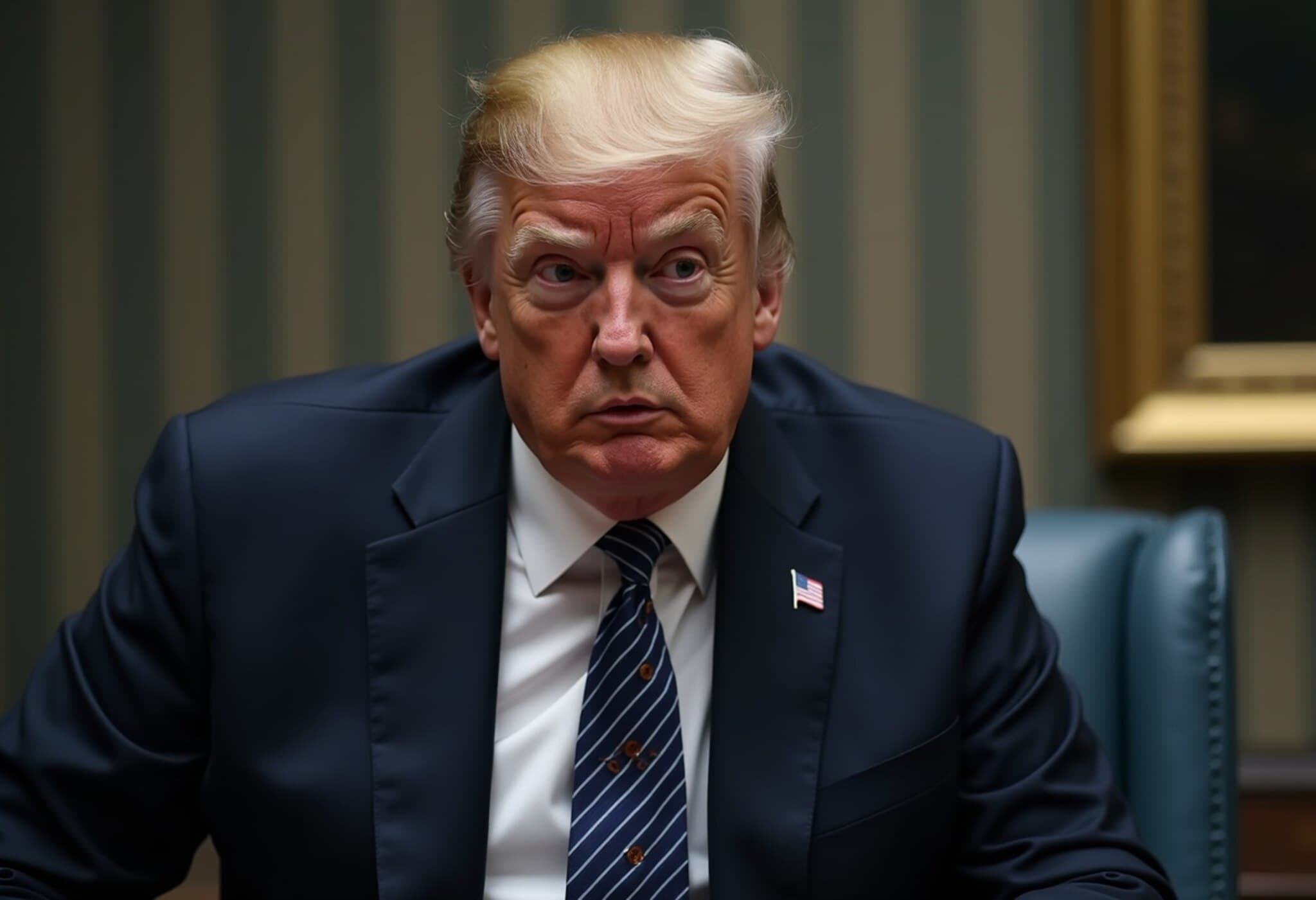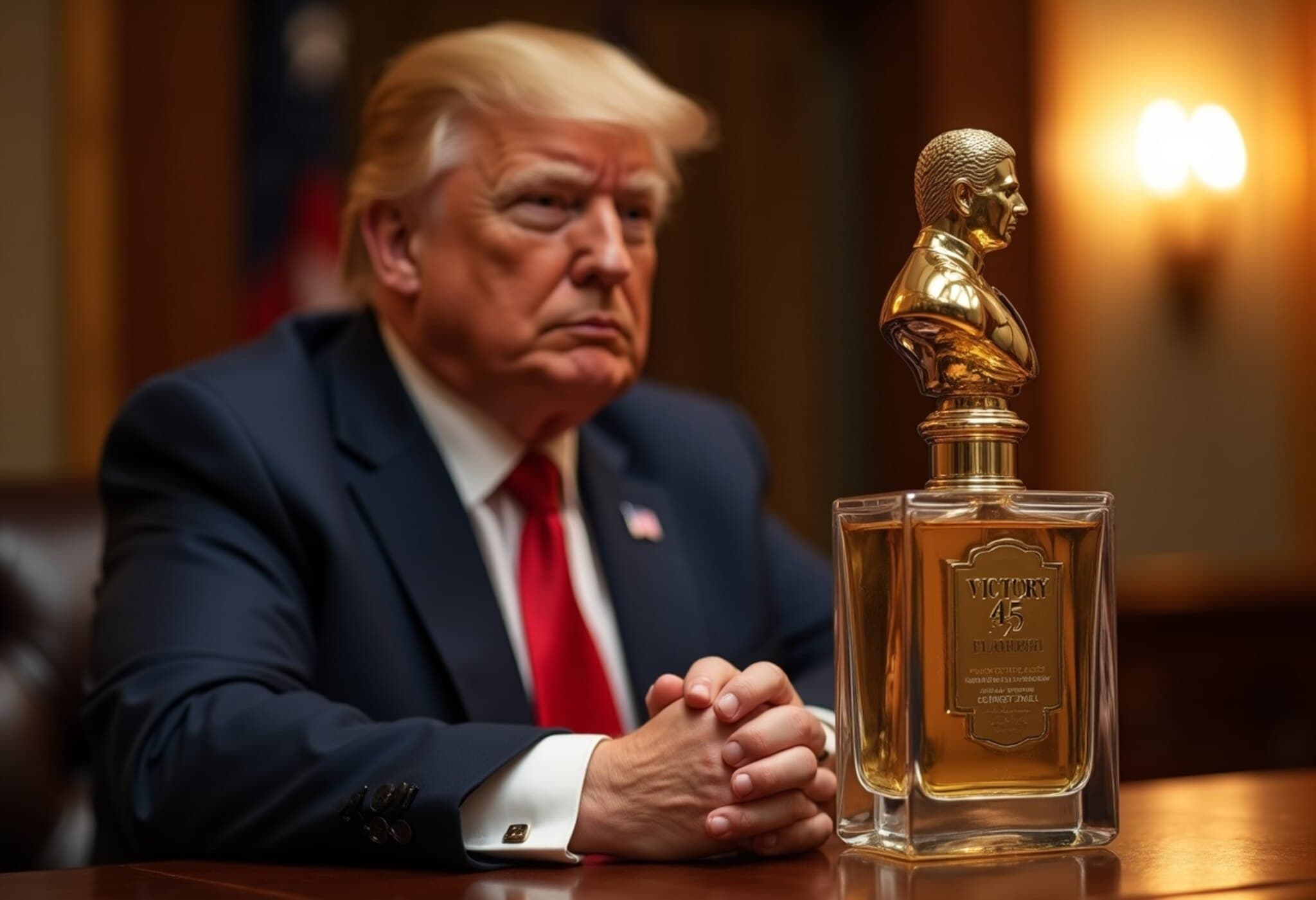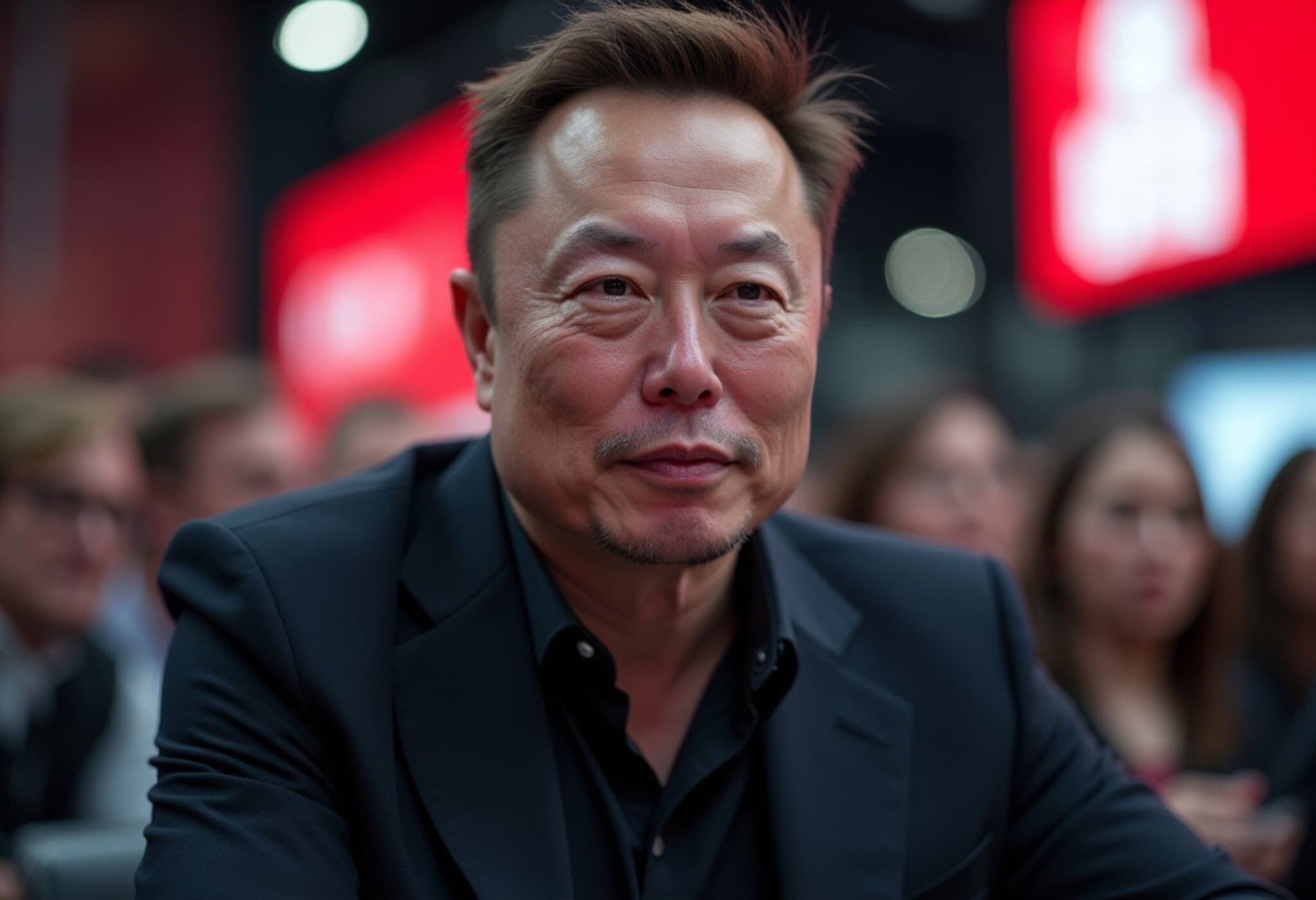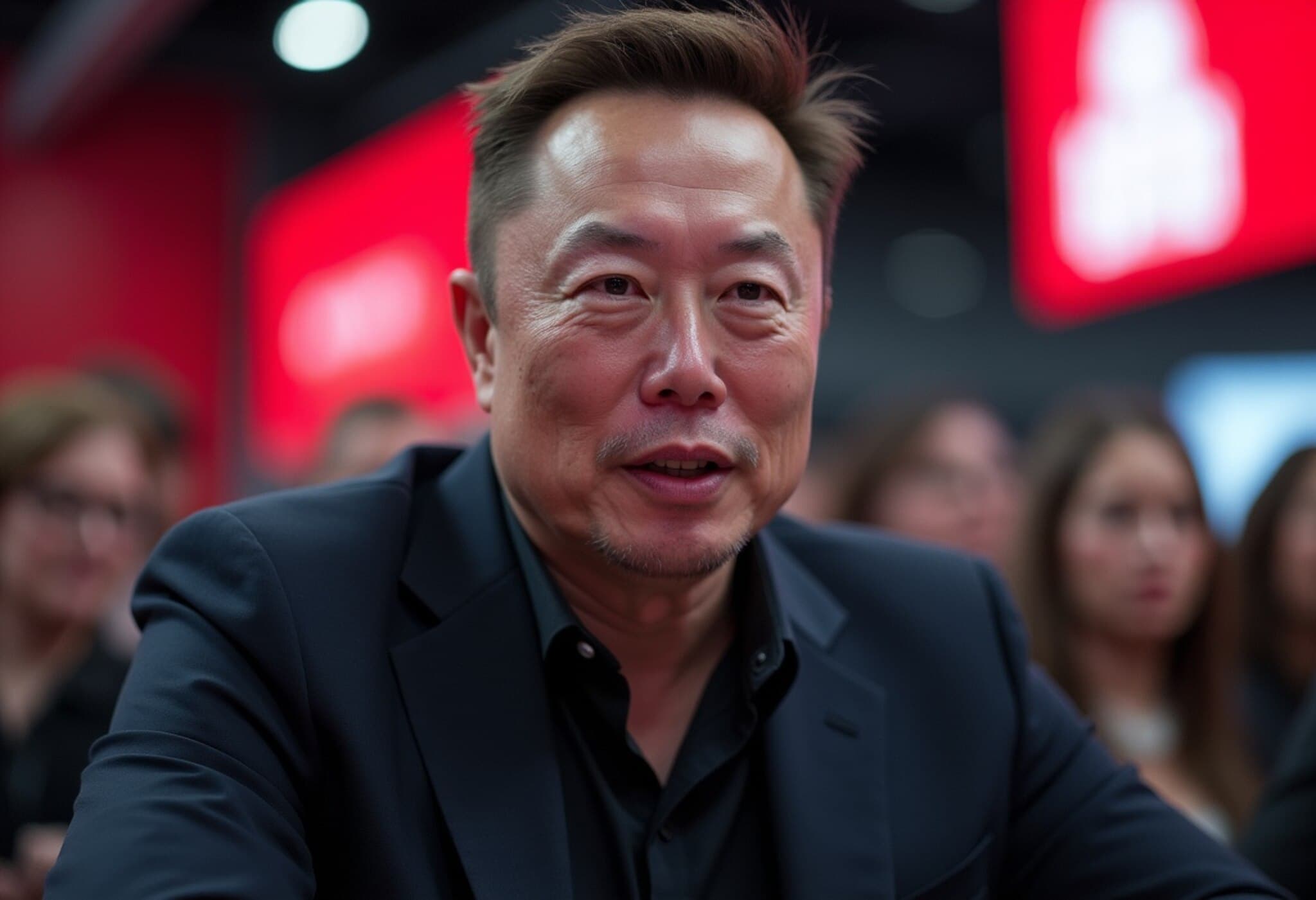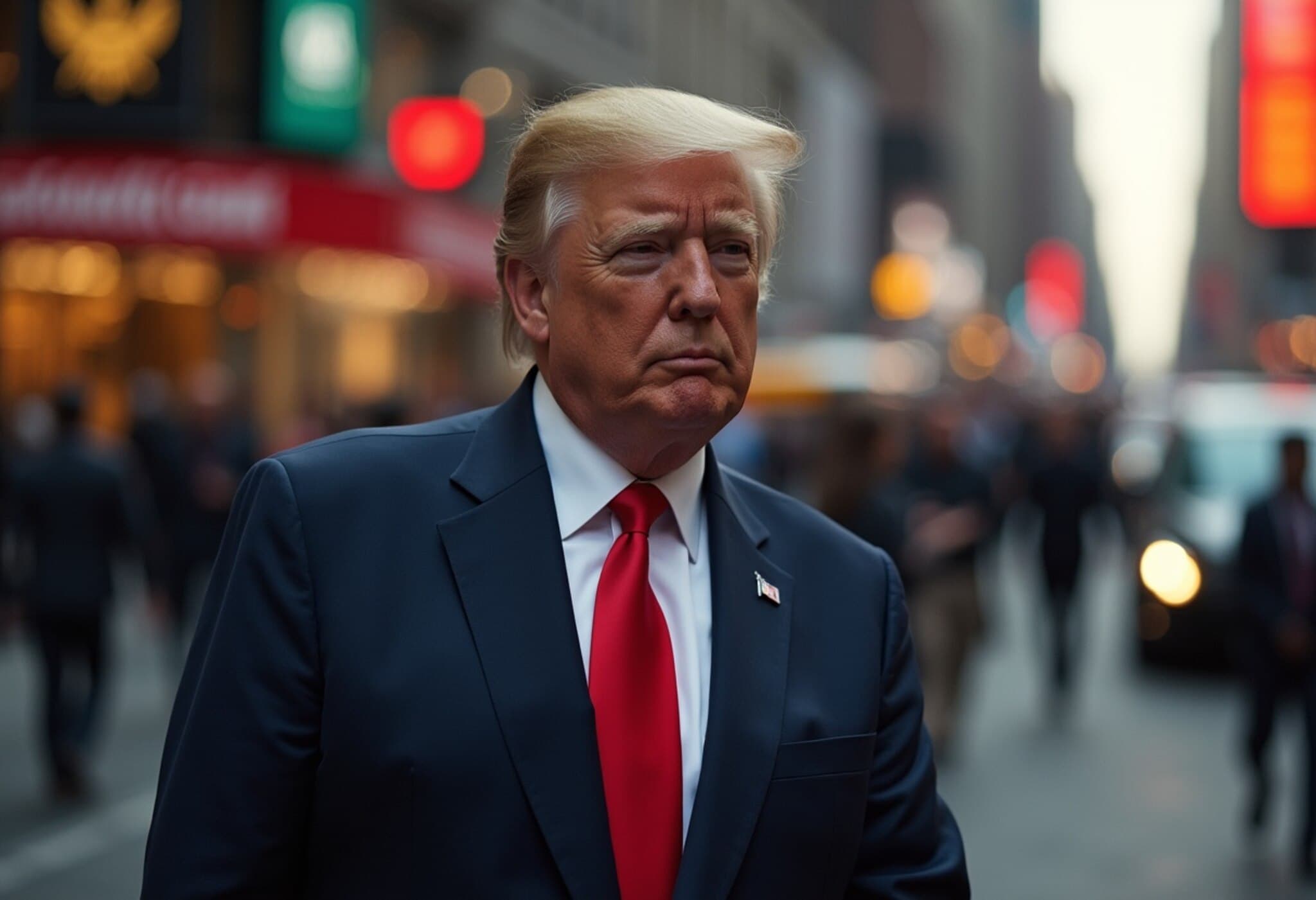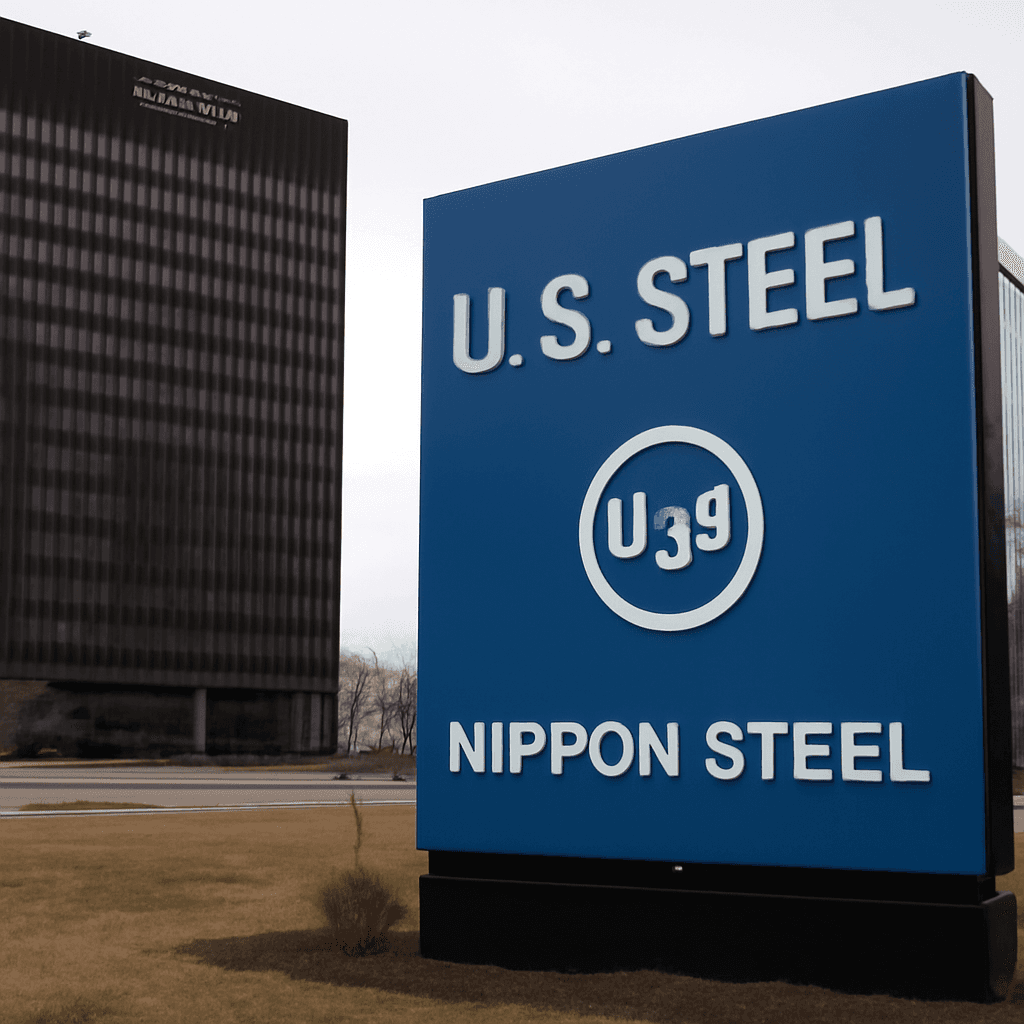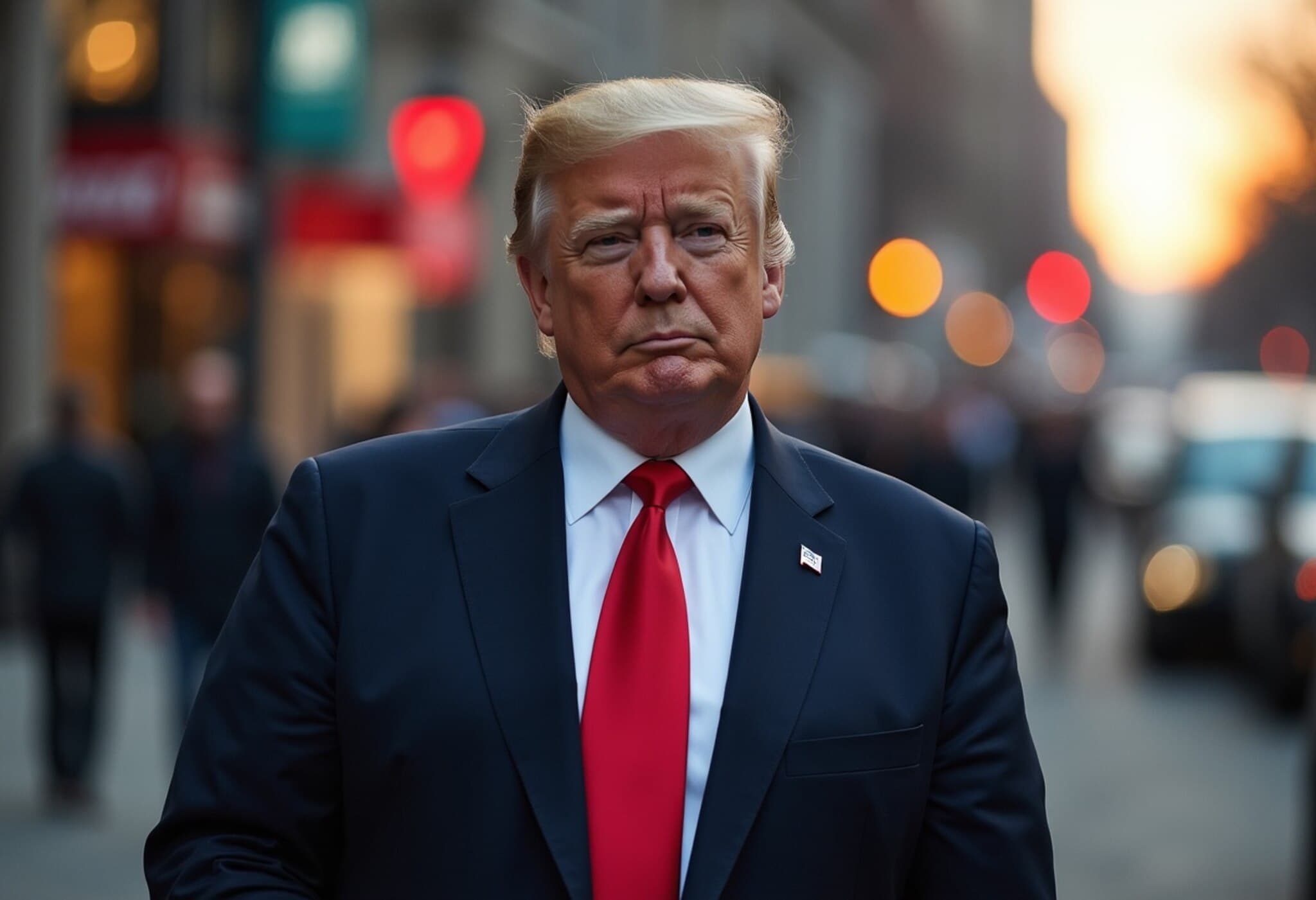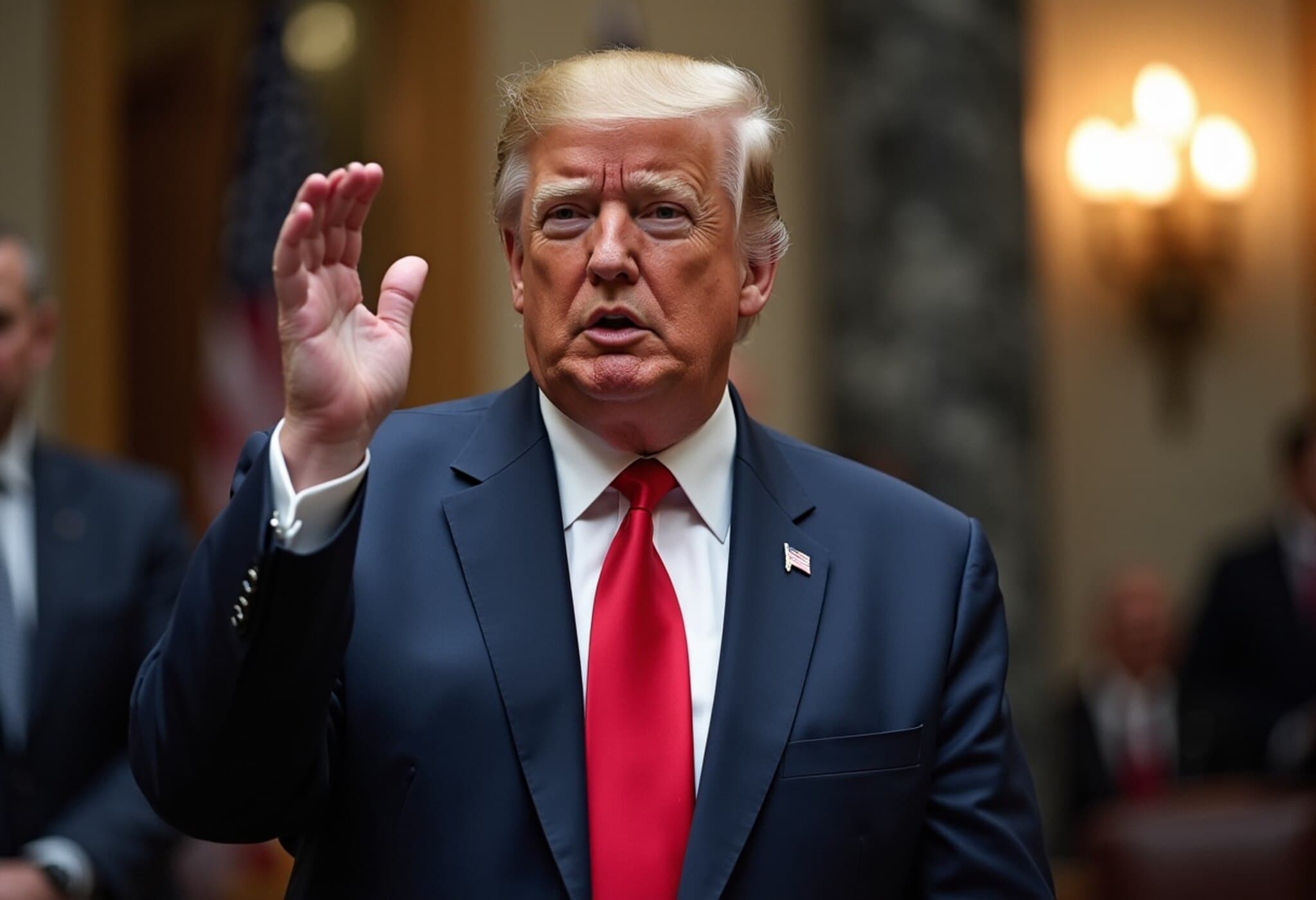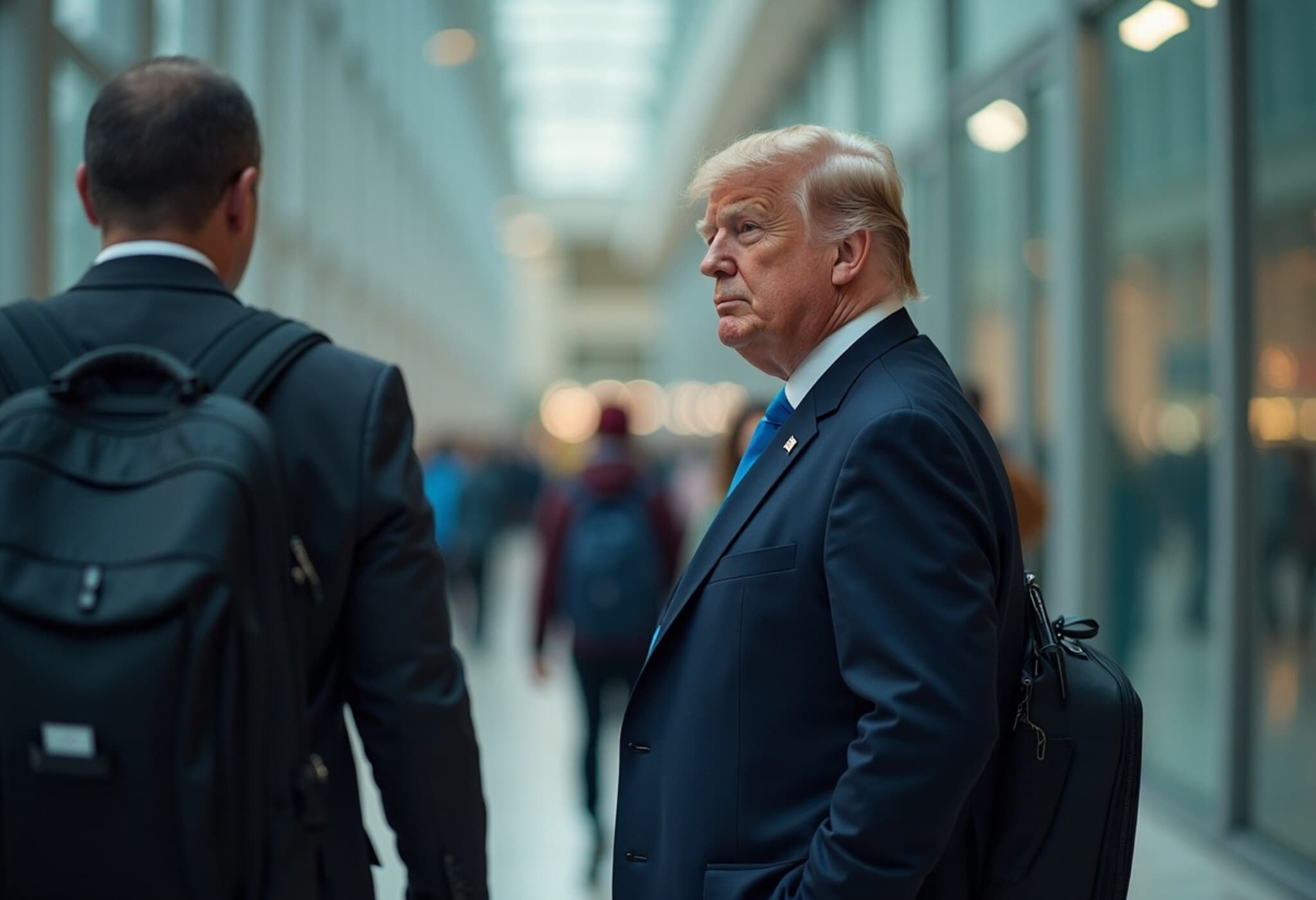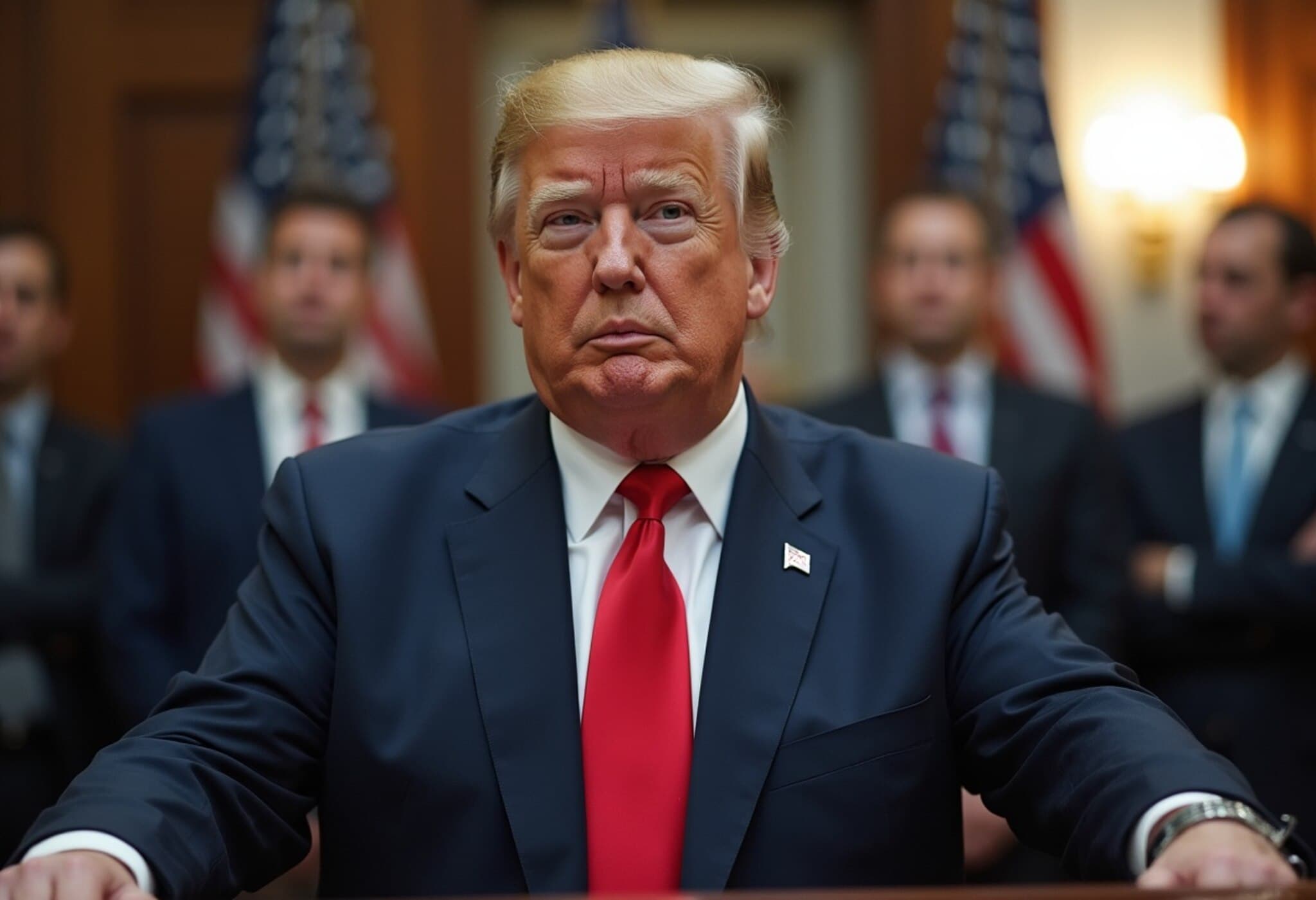Trump Administration Reveals New Terms in US Steel-Nippon Steel Agreement
The Trump administration has unveiled the intricate terms surrounding its recently granted "golden share" in the US Steel and Nippon Steel acquisition deal, shedding light on the level of control the U.S. government intends to wield over the steel giant. These developments build on a prior executive order signed by former President Donald Trump, authorizing foreign investment under stringent national security safeguards.
What Is the ‘Golden Share’ and What Does It Entail?
At the heart of the agreement lies the "golden share," a unique stake that grants the U.S. President significant authority over US Steel’s operational decisions despite the company's private status. Commerce Secretary Howard Lutnick disclosed the government’s powers on social media, detailing the ability to:
- Block any relocation of US Steel’s headquarters from Pittsburgh
- Prevent the company from changing its name
- Stop factory closures or the offshoring of jobs
- Veto any attempt to reincorporate the company overseas
Furthermore, any amendments to the investment timeline, reportedly involving a historic $14 billion infusion by Nippon Steel, require presidential approval. This figure notably exceeds earlier estimates of around $11 billion.
Lutnick emphasized the strategic importance, stating the golden share safeguards American interests, the livelihoods of Pennsylvania’s steelworkers, and the broader manufacturing sector.
A Deal Marked by Opposition and Reversal
Nippon Steel initially announced intentions to acquire US Steel in December 2023, but faced strong resistance from both former Presidents Joe Biden and Donald Trump, who prioritized keeping the company under American ownership.
In January 2025, President Biden blocked the transaction citing national security concerns, prompting Nippon Steel to initiate legal challenges alleging unfair treatment. However, after Donald Trump’s re-election, the administration reversed course and authorized the deal with stipulations reinforcing U.S. control, including the golden share provision.
The Committee on Foreign Investment in the United States (CFIUS) identified credible national security risks but determined they could be mitigated through the agreement’s terms, allowing the deal to move forward.
Labor Unions Raise Concerns
The United Steelworkers (USW), representing US Steel employees, criticized the administration’s turnaround. In a public letter, the union pointed to a lack of transparency regarding the full terms of the transaction and expressed disappointment over the government's shift in stance. With the current labor contract set to expire in September 2026, USW vowed to advocate for fair negotiations with the new ownership.
The union also flagged potential complexities given Trump’s direct influence in the company's governance, which could affect future labor discussions.
Legal Proceedings and Future Outlook
On June 5, Nippon Steel and U.S. officials jointly requested a pause on ongoing litigation related to the deal, hinting at finalizing the transaction under the new national security framework soon.
This deal represents a significant shift in foreign investment policy balanced with protective measures to preserve critical industrial assets and jobs within the U.S.

